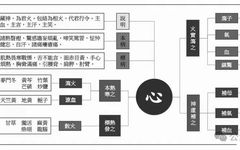
The Five Zang and Six Fu organs refer to the five solid organs and six hollow organs within the human body. The Five Zang organs include the Xin (Heart), Gan (Liver), Pi (Spleen), Fei (Lungs), and Shen (Kidneys), while the Six Fu organs include the Wei (Stomach), Da Chang (Large Intestine), Xiao Chang (Small Intestine), San Jiao (Triple Burner), Pang Guang (Bladder), and Dan (Gallbladder). These organs are considered the foundation of life activities in TCM and are closely related to human health.
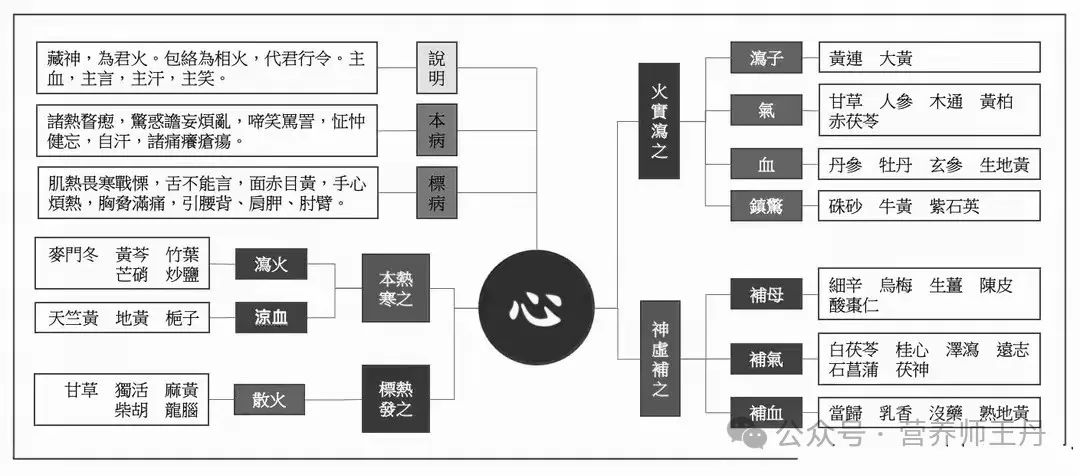
1. Xin (Heart): Located in the thoracic cavity, its main function is to pump blood, providing oxygen and nutrients to the entire body. TCM believes that the heart governs the spirit and is related to a person’s mental state and emotions.
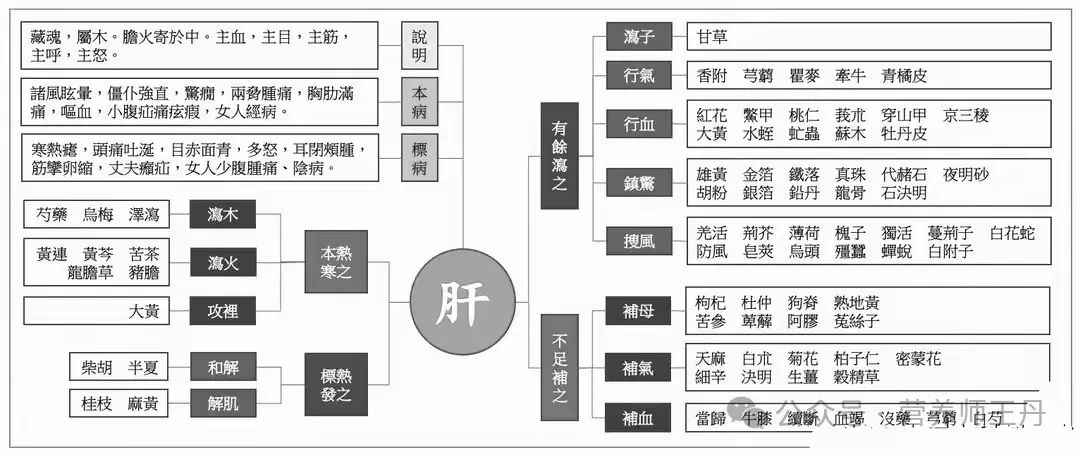
2. Gan (Liver): Located in the upper right abdomen, its main functions include detoxification, energy storage, and bile secretion. TCM believes that the liver governs the smooth flow of Qi and is related to a person’s emotions and Qi dynamics.
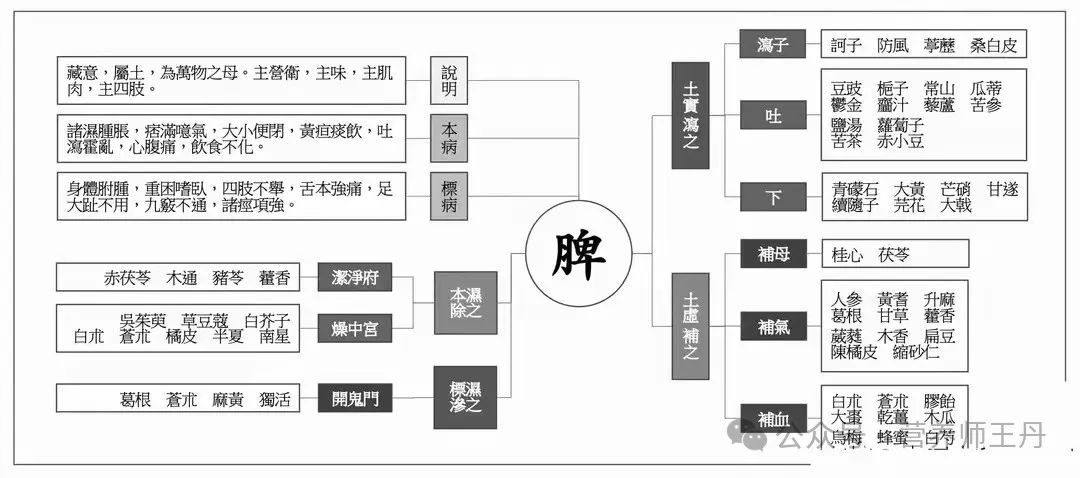
3. Pi (Spleen): Located in the upper left abdomen, its main functions include blood production, immunity, and digestion. TCM believes that the spleen governs transformation and transportation, relating to digestion, absorption, and the generation of Qi and blood.
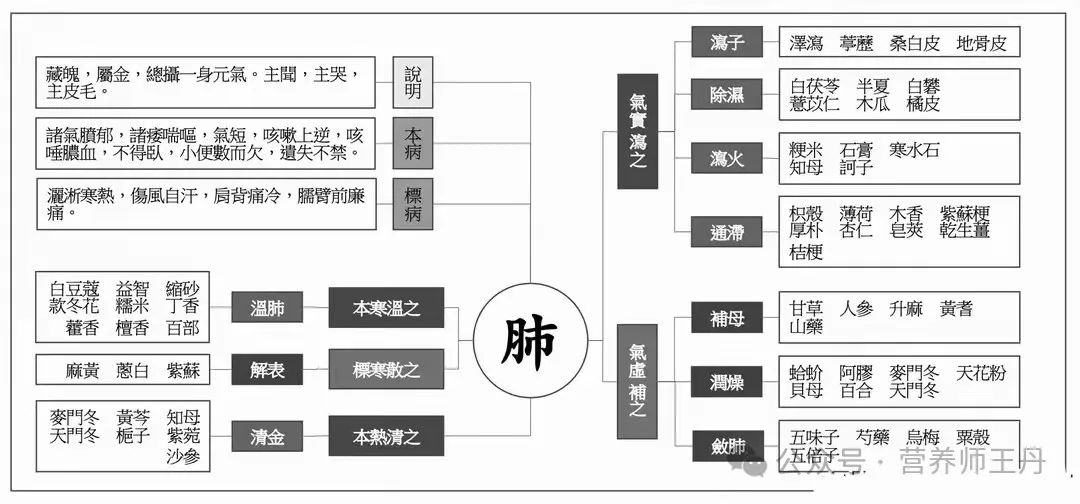
4. Fei (Lungs): Located in the thoracic cavity, its main functions include respiration, gas exchange, and regulating fluid balance. TCM believes that the lungs govern Qi and respiration, relating to a person’s breathing and Qi dynamics.
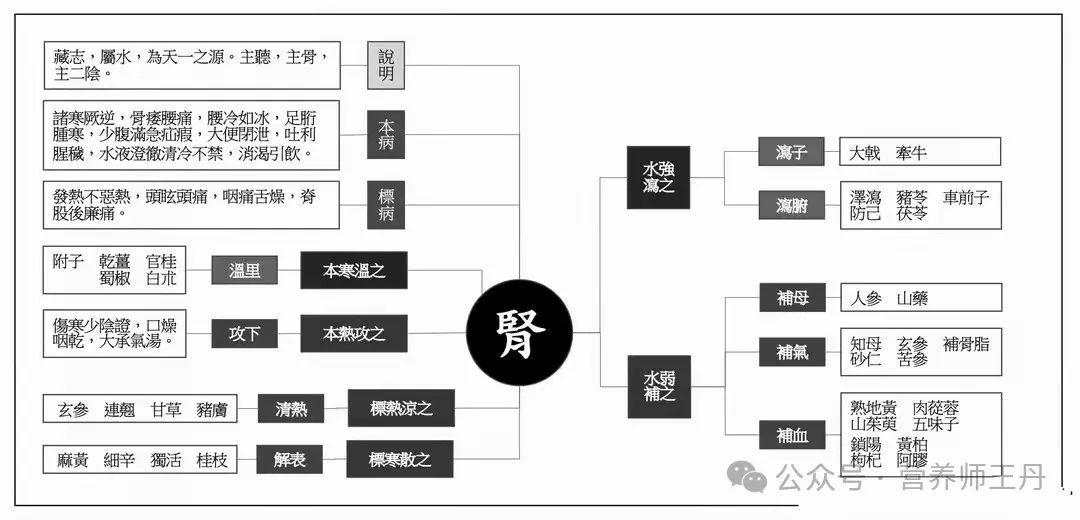
5. Shen (Kidneys): Located in the posterior abdomen, its main functions include waste excretion, regulating water-salt balance, and hormone secretion. TCM believes that the kidneys govern reproduction, growth, and development, relating to a person’s reproductive health, bones, and hearing. The Six Fu organs include: 1. Wei (Stomach): Located in the upper abdomen, its main function is to digest food and absorb nutrients. TCM believes that the stomach governs receiving and is related to a person’s diet and digestion.
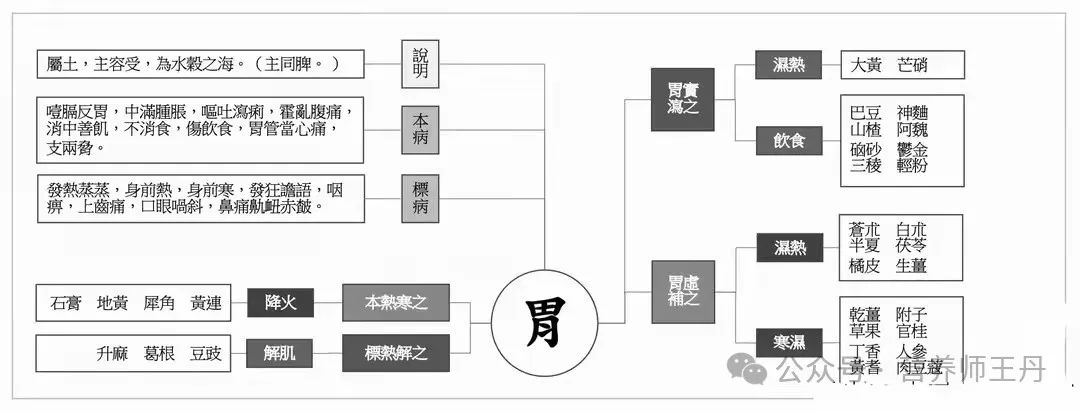
2. Da Chang (Large Intestine): Located in the abdominal cavity, its main function is to absorb water and form feces. TCM believes that the large intestine governs fluids and is related to a person’s bowel movements and fluid metabolism.
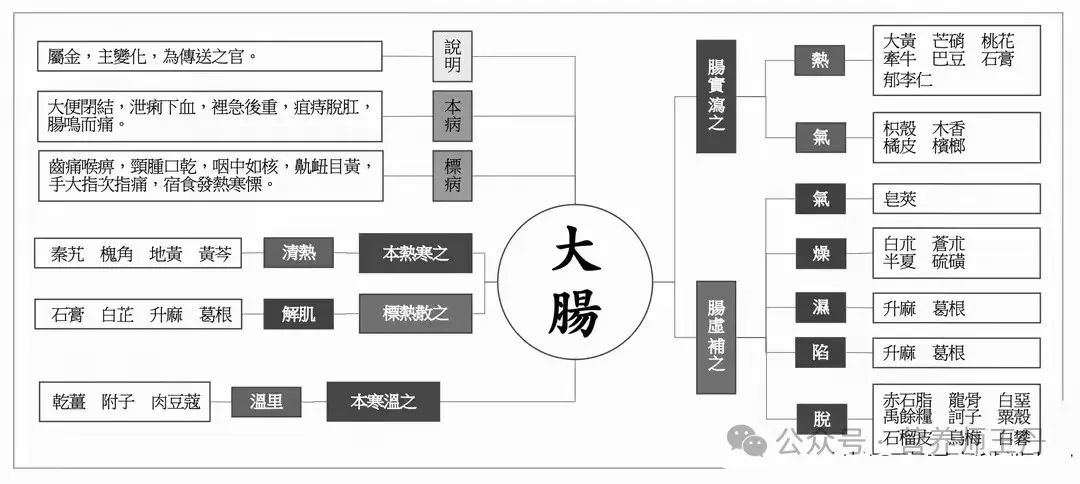
3. Xiao Chang (Small Intestine): Located in the abdominal cavity, its main functions include digesting food and absorbing nutrients. TCM believes that the small intestine governs the separation of clear from turbid, relating to digestion, absorption, and fluid metabolism.
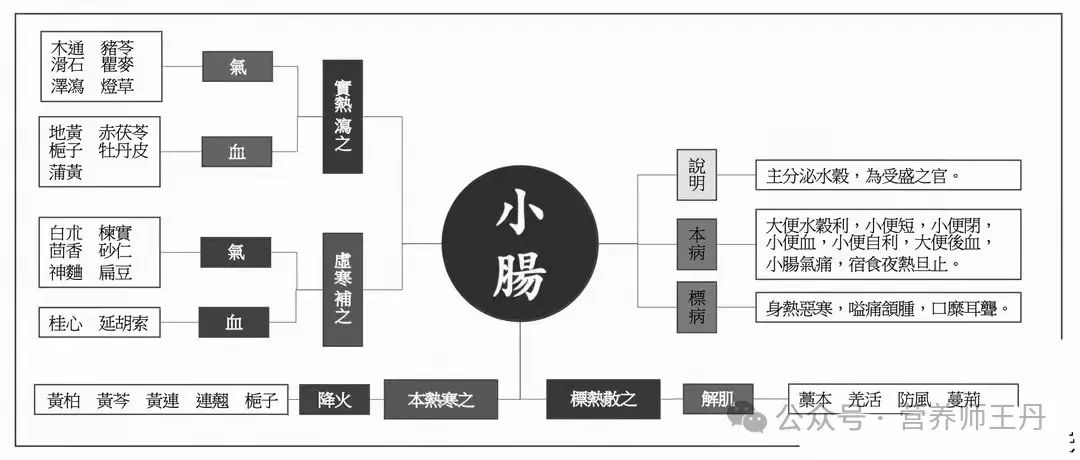
4. San Jiao (Triple Burner): A unique concept in TCM, referring to three different areas within the body, including above the diaphragm, below the diaphragm and above the navel, and below the navel. TCM believes that the triple burner governs the regulation of water pathways, relating to a person’s Qi dynamics and fluid metabolism.
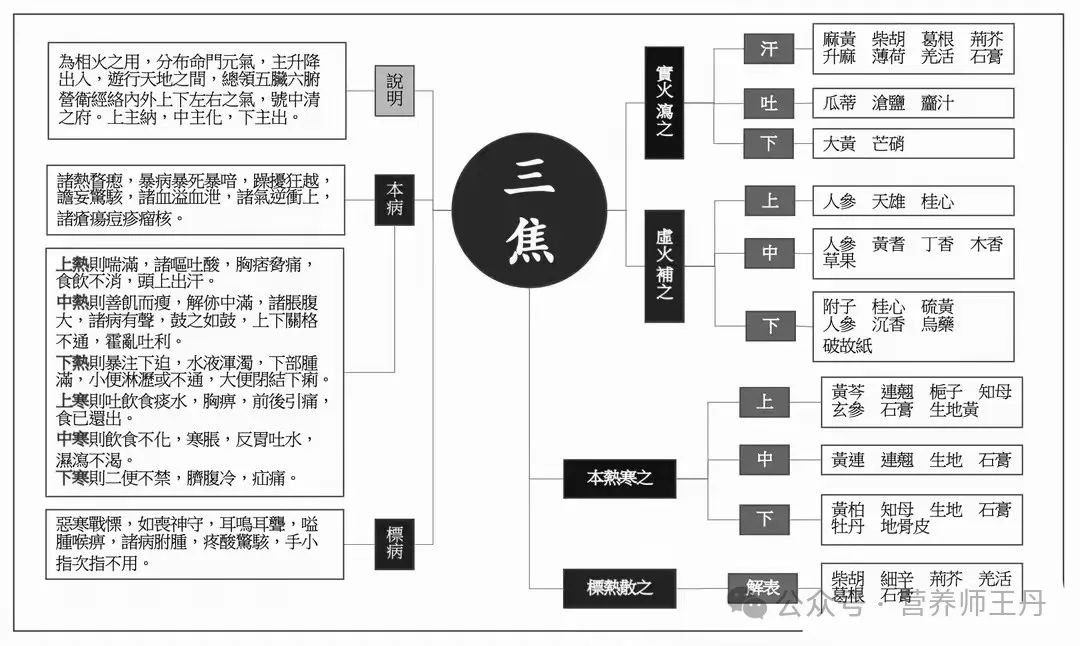
5. Pang Guang (Bladder): Located in the pelvic cavity, its main function is to store urine and excrete waste. TCM believes that the bladder governs excretion, relating to a person’s urination and fluid metabolism.
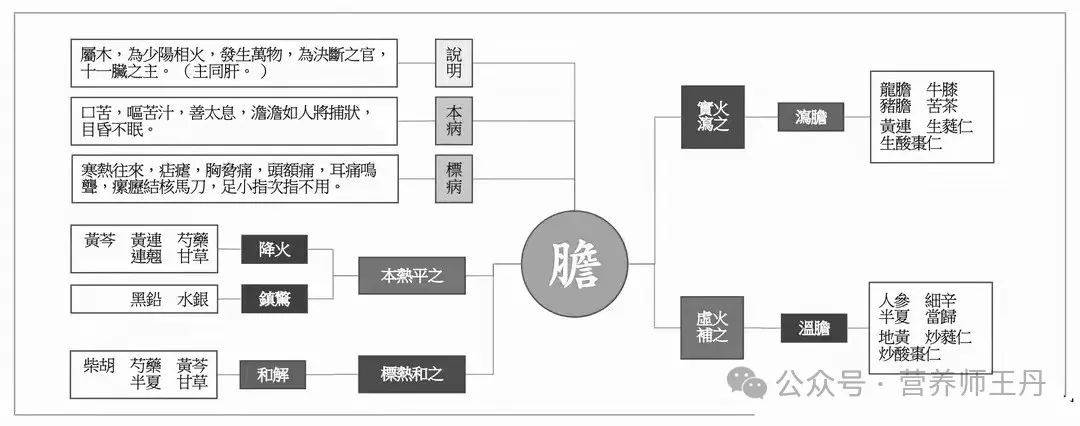
6. Dan (Gallbladder): Located beneath the liver, its main function is to store and secrete bile. TCM believes that the gallbladder governs decision-making, relating to a person’s courage and decisiveness.
(Personal opinion, for reference only)For more related content, click the link for details →Learn TCM from Scratch (Collection)
① People who sleep like this often have poor liver health!
② If you experience these three phenomena while sleeping, pay attention!
③ Doing these things before sleep is the correct way to maintain health!
④ Massaging this area before sleep can nourish Qi and blood, enhancing immunity.
5 TCM Perspective — Special Physiological Characteristics of Babies
6. Dietary and Medicinal Use of the Five Zang and Five Elements (Recommended for Collection)
(Friendly reminder: After watching on your phone for five minutes, please let your eyes rest.)

